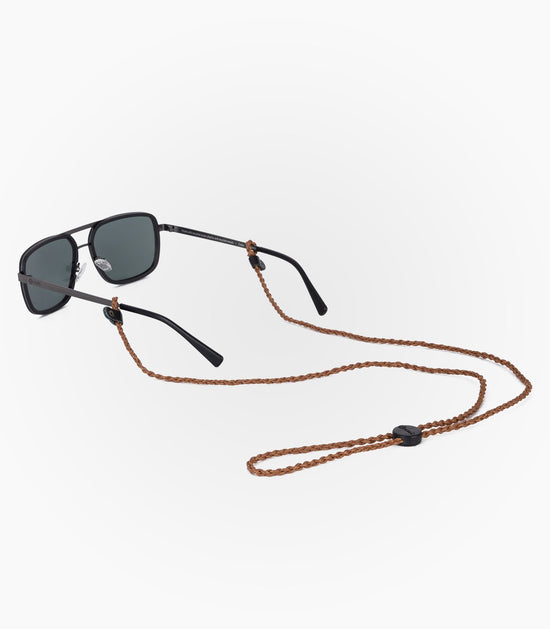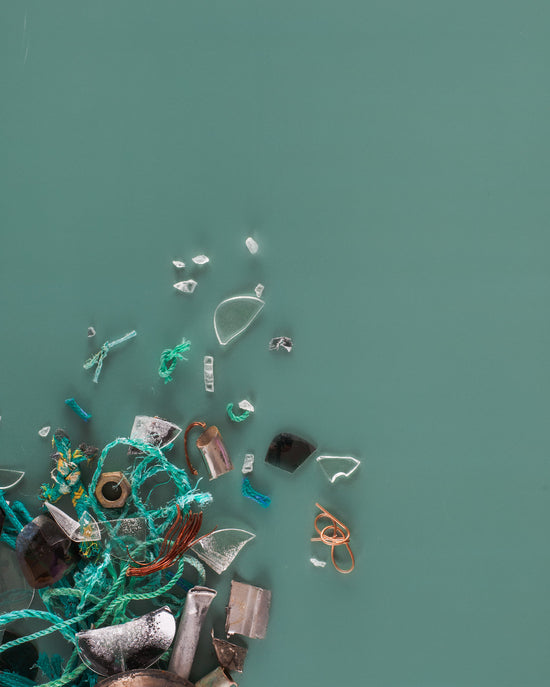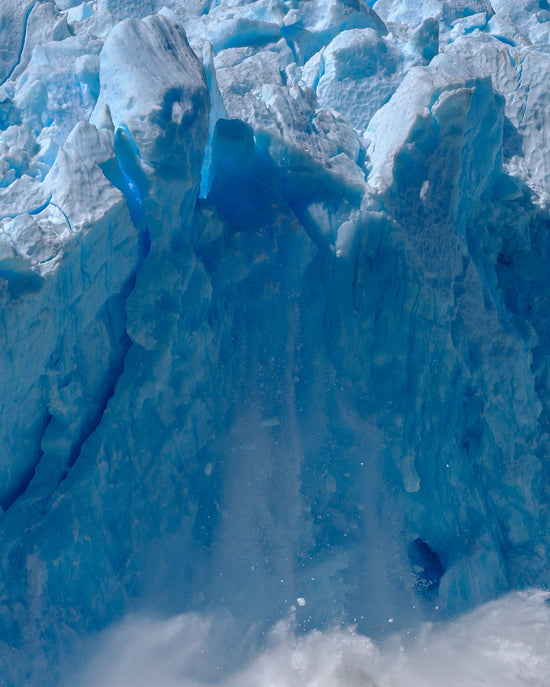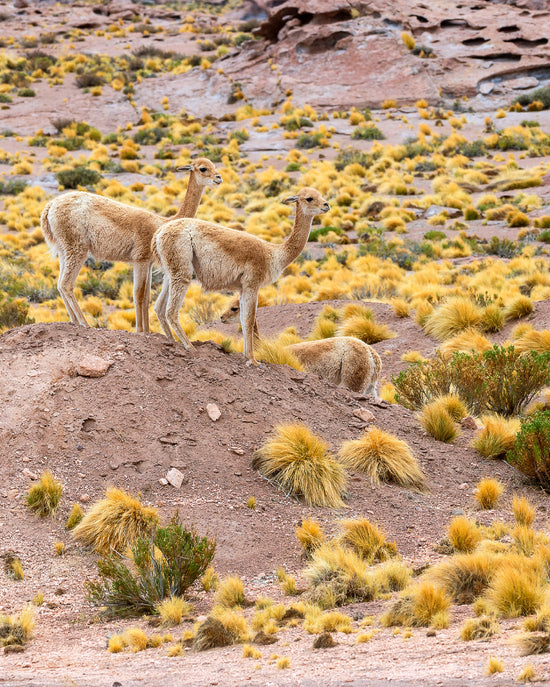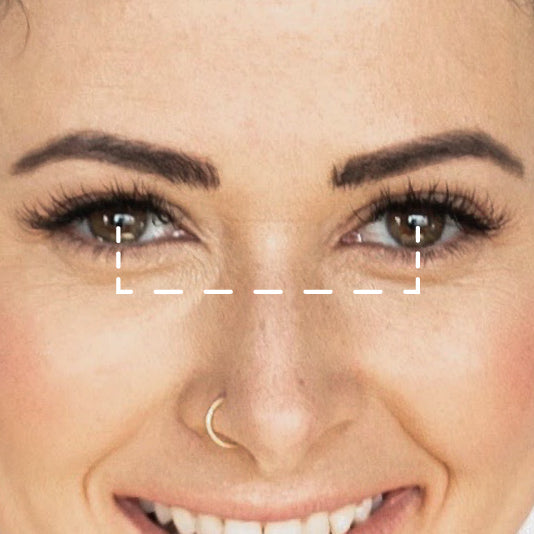Many times, people talk about pollution and the impact that as human beings we are having on this planet, but it is hard to imagine this if we do not really see it.
Currently, Chile is one of the countries with the best coverage of residential waste removal with a reach of 97.7%. Sounds good, right? However, processes where waste must be deposited and treated, are not well managed and there are not enough sanitary landfills throughout the country, leaving thousands of people with the need to create and use illegal landfills or dumps throughout the country.
What is the difference between sanitary landfills and dumps?
The sanitary landfills have a waterproofing process on the land in which they settle, in such a way that there is no contamination of the ground or groundwater. In addition, in some of these the biogas that is generated is used to produce electrical energy.
In Chile, according to figures from the Ministry of the Environment, there are only 38 sanitary landfills in the country, which cover 77% of home waste treatment.

Illegal landfills or dumps are those that do not have a soil treatment and that, inevitably, generate contamination of soil and groundwater, as well as various negative externalities for surrounding communities.
A couple of weeks ago we were with part of the team in Lebu, capital of the province of Arauco in the Bío-Bío region, visiting Nacho Torres, a great entrepreneur and friend who helps us with the collection of fishing nets for the production of our sunglasses.
We were lucky that we had a beautiful day to enjoy this city, we visited the port from where most of the fishing nets that Nacho gathers come from and we also had the opportunity to talk with the manager of the municipality of the environment along with Nacho who told us about the problem they have and that unfortunately is the reality in many regions of the country.

 Lebu, Bío-Bío - Chile
Lebu, Bío-Bío - Chile
The commune of Lebu does not have a sanitary landfill, so they have had to create and make use of a dump - the Amalia dump - which is only 2kms away from the city center. This is a big problem for the commune, since in addition to generating a large environmental pollution to the land, groundwater and air (by the smoke that comes from burning this garbage) it has consequences on people's health and on the animals as well. There have been reports of people who have died from diseases related to this dump, which has generated great frustration in the community since they have not yet been able to find a solution to this problem. The municipality of Lebu has requested the mayors of Arauco and Curanilahue the possibility of using their sanitary landfill, but until now this has not been possible since the costs are very high and there's not enough budget for this, so the only option they have is to continue using the Amalia dump.
After having heard about this problem and having talked with Nacho and the team, we decided to visit this place before returning to Puerto Varas to see this reality first hand and it was impressive.
We where on our way without knowing very well what we were going to find, we arrived at the site and here was absolute silence in the car, we were all shocked, it looked like a scene from a movie - as if the world had come to an end.
We were there for about an hour or more, walking around the place, taking photos and filming so we could record everything we saw so we could tell what is happening the best way possible.
There was a smell so strong that it took us a while to get used to it and as we walked through the place we realized that there was an impressive ammount of animals living there. Cows, seagulls and dogs, many many dogs. Obviously all these animals are in really bad conditions as their only food is garbage - we even saw cows eating plastic.




While we were there, we realized that a lot of the garbage that was found in this place was not really rubbish, but things which can be recycled to give them a new use or that can serve as raw material to generate new products. With this, we reaffirm the importance of educating about recycling and pollution in order to increase environmental awareness.
It is very important that we are all aware that what we do has consequences and it is not difficult to contribute to generate changes. Everyone can contribute from their own reality and a good way to start can be through recycling and by trying to reduce the amount of trash that we generate.
Our planet has been asking for help for a long time, we have already pushed it to the limit and we must act now.
Let's work together to create change, through collaboration we can achieve great things!
